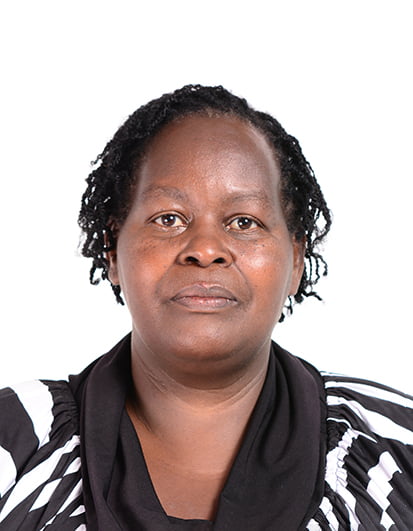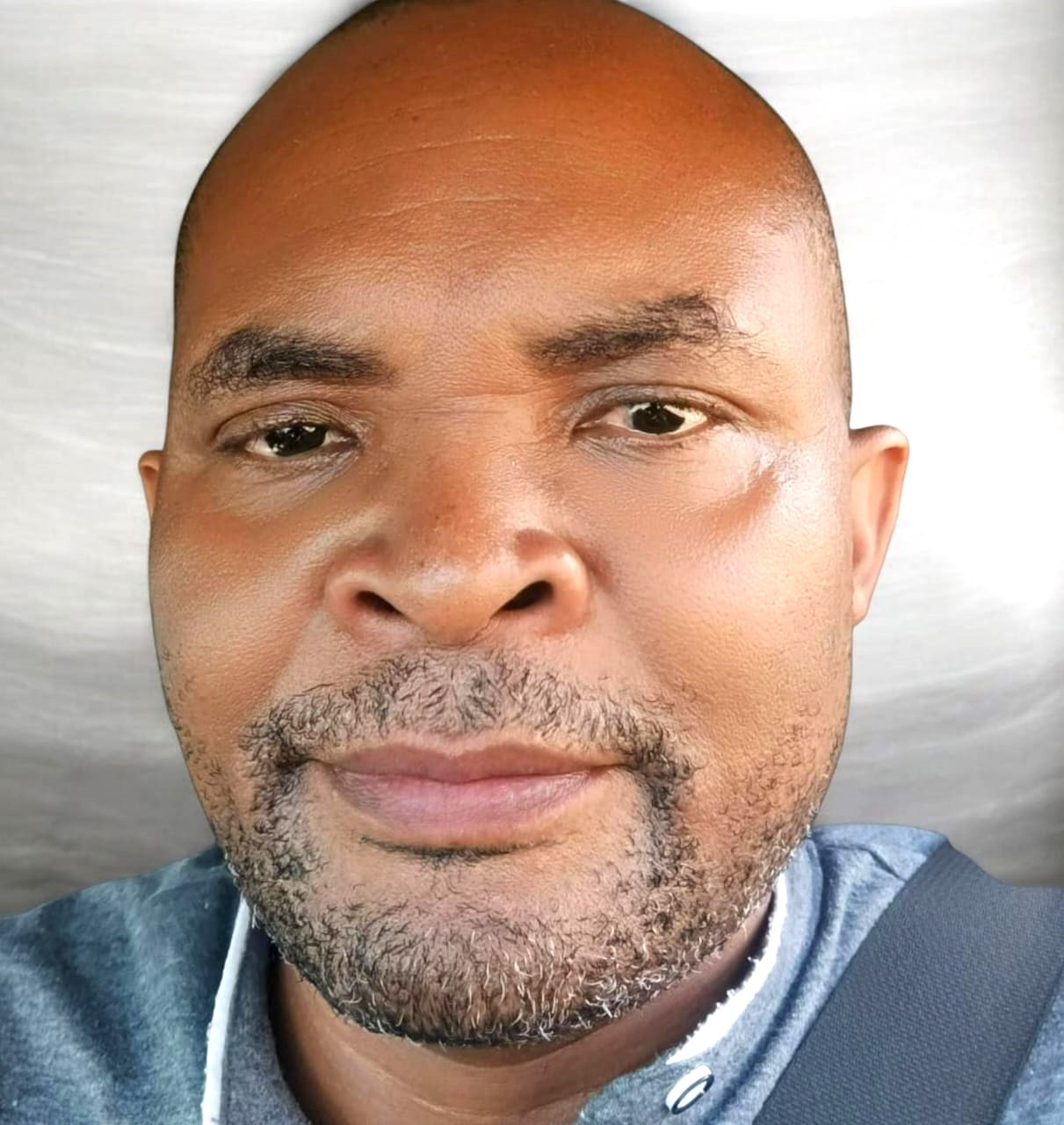Peers are individuals of the same developmental stage, capabilities and social status. Peer counsellors are learners who have undergone some basic training on counselling to enable them counsel their peers.
More often than not, students in secondary school face mental health challenges without getting any psychosocial support which in some instances have unfortunately led to anxiety, depression and suicidal tendencies.
The critical mental health issues affecting students in secondary schools have three classifications that include: family, social and academic issues.
Family issues: This majorly entails an individual experiencing physical, emotional and mental abuse from parents or care givers, domestic violence. Loss of one or both parents as well as lack of finances may also highly contribute to it.
During a counseling session a certain client confided that her cousin sexually molested her whenever her only guardian, her grandmother, wasn’t at home when she was in class two. He threatened to harm her if she ever reported the matter to anyone and has since then suffered in silence. In addition, a client reported that when she was celebrating the cousin’s sister life milestone, she was coerced into indulging in alcohol and later experienced molestation.
The two incidences had massive psychological effects on these clients especially since these incidences came from people who’s meant to be their protectors.
Social issues: This majorly entails peer pressure, drug abuse and relationship issues. Adolescents mostly experience this when they sense isolation from peers. Case in point from my practice was of a client in anonymity confided in me that he was influenced into alcoholism by his classmates inform two. He mentioned that he used be a dorm captain and his classmates threatened to deal with him if he didn’t join them in taking alcohol and so he had to oblige. He said that his life never remained the same.
Another client confided up to having started abusing bhang while in class four after being introduced into the act by older boys who used to play football. He revealed that by the time he was joining high school, he was an addict and to satisfy his craving, he used to steal from his classmates to get money for buying the drugs.
Physical changes: As girls approach adolescence they begin experiencing menstruation as well as bodily changes that would more often than not would come as a surprise. Boys as well experience bodily changes that would primarily be challenging to navigate.
These bodily changes lead to emotional challenges that might if not monitored may end up affecting students’ mental health. As a recourse this might lead to frustrations boiling over to sexual encounters with a risk of looming teenage pregnancy experience. A case in point from my practice is of a student confiding that they feign illness to get permission to go home for medication whilst the real intend is to go meet his girlfriend for intimacy.
Academic issues: This majorly entails issues around pressure from parents and teachers on academic performance. Intense pressure might lead to depression, stress, anger, sadness and aggressiveness.
Most strikes experienced in secondary schools mostly in the second term is centered around looming examinations that most students find themselves unprepared for.
A study I published in 2022 revealed that there was a significant effect of peer counselling on learners’ mental wellness.
This can be better explained on how peers in high school trust and believe each other more than they trust adults. To this end, all secondary schools need to embrace and enhance peer counselling for the mental wellness of their learners.
Peer counsellors are able to help their peers accept what they cannot change, overcome negative peer pressure like drugs and substance use and have a positive attitude towards academics.
Case in point from my practice was of a student who sought anonymity revealed that guidance from her peers helped her change her attitude towards Maths. This effectively points to the fact that peer counselling has a positive impact on the learners’ performance which in turn leads to positive mental wellness.
Peer counsellors need to also experience guidance from the heads of guidance and counselling departments as well as other teachers since they are young and lack much expertise knowledge. Guidance is equally necessary when they make mistakes and not harassed.
Teachers need to understand there are many issues peer counselors cannot handle on their own without guidance. Understanding that the only way to counter some of the challenges facing adolescence is through building good relationships with them and being less judgmental.
Fostering good relationship, trust grows and students find it easy to open up on issues that affect them.
Heads of guidance and counseling departments need to identify the gaps that exist during peer counselling and address them.
Schools that are also set to embrace counselling should also be sensitized on the importance of embracing counseling that would go a long way in mitigating most of those challenges.
Encouraging schools to have trained counsellors to provide guidance to the peer counsellors and also handle issues that may be overwhelming to them.
Sensitization of parents and school heads around issues sensitization of learners’ mental health. They need know that mental health issues can be treated just like other diseases.
Curriculum Developers need to embrace and develop a curriculum that incorporates peer counselling as one of the learning areas in school.
By Dr. Jeniffer Chepkoech Maiwa
The author is a tutor at Kericho TTC.
Get more stories from our website: Education News
You can also follow our social media pages on Twitter: Education News KE and Facebook: Education News Newspaper for timely updates.






